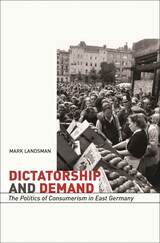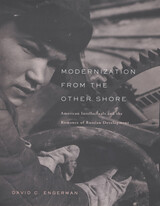Industry and Economic Decline in Seventeenth-Century Venice
Harvard University Press, 1976
Cloth: 978-0-674-44545-1
Library of Congress Classification HC308.V4R36
Dewey Decimal Classification 330.94531
Cloth: 978-0-674-44545-1
Library of Congress Classification HC308.V4R36
Dewey Decimal Classification 330.94531
ABOUT THIS BOOK
ABOUT THIS BOOK
One of the oldest, most commanding topics in early modern economic history--Venice's fall from commercial supremacy to relative insignificance--is here examined. What emerges is what many scholars have come to suspect: the catch-all phrase "the decline of Venice" embodies a myth. Rapp explains the paradox of seventeenth-century Venice, a republic that experienced a relative economic decline in commerce and industry with no absolute decline in overall income. In this systematic approach to the subject of economic decline, Rapp focuses on economic factors common to all Venetian enterprise: labor supply and quality, technology and capital employment, foreign demand, and government policy. The statistical backbone of this massively documented book is an employment census of the city derived from the records of the Naval Personnel Administration, the Collegio da Milizia da Mar. Throughout the book, many analytical insights are offered about population, guilds, technology, and economic policy in early modern Europe.
See other books on: City and town life | Economic Decline | Industry | Venice | Venice (Italy)
See other titles from Harvard University Press




















